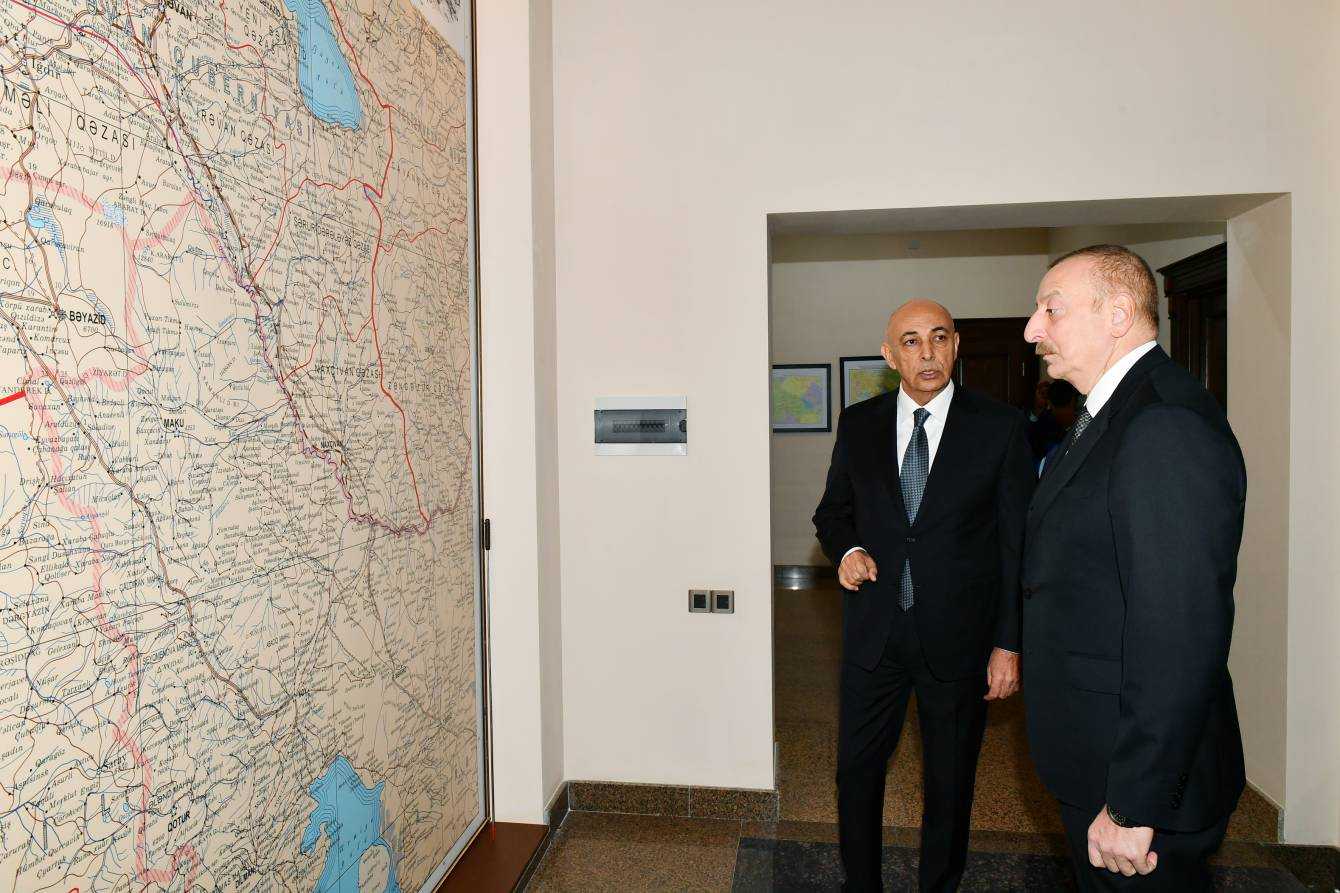
Yerevan has denied claims by Baku that the two countries have agreed to allow Russian troops to control transport links connecting western Azerbaijan to the exclave of Nakhchivan through Armenian territory.
On Saturday, Azerbaijan’s Deputy Prime Minister Shahin Mustafayev stated that Russian border troops would man a proposed corridor and ‘ensure the unhindered movement of citizens, vehicles, and cargo’.
Yerevan quickly dismissed Mustafayev’s comments, with Deputy Prime Minister Mher Grigoryan telling Armenpress that ‘no such agreement has been made’.
The ceasefire agreement that brought an end to the 2020 Second Nagorno-Karabakh War stipulates that economic and transport connections between Armenia and Azerbaijan should be unblocked. It goes on to say that Armenia should ‘guarantee the security’ of transport connections between Nakhchivan and the rest of Azerbaijan, and that Russia would ‘oversee the transport connections’.
Grigoryan said that Armenia’s position ‘was, and continues to be’ that any reopened transport links operate ‘under the sovereignty and jurisdiction’ of the countries they run through.
Armenia has firmly and repeatedly opposed the establishment of any extraterritorial roads in its territory, instead demanding that transport links operate under Armenian jurisdiction.
Following the end of the Second Nagorno-Karabakh War, Baku has pushed for the opening of a ‘Zangezur Corridor’, a route connecting Azerbaijan to Nakhchivan through Armenia and under their own control, a proposal rejected by Yerevan and Moscow.
Baku’s comments came a month after Azerbaijan installed a checkpoint on the Lachin Corridor, the sole road connecting Nagorno-Karabakh to Armenia. The checkpoint was a violation of the ceasefire agreement, which stipulates that the corridor should be under the control of the Russian peacekeepers stationed in the region.
Armenia has accused Azerbaijan of blocking the road since December 2022, while Azerbaijan maintains that the road is fully operational.
Western optimism amid rising tensions
Tensions between Armenia and Azerbaijan and in Nagorno-Karabakh have been on the rise in recent weeks, with the sides accusing each other of ceasefire violations almost daily.
Many in Armenia and Nagorno-Karabakh have expressed concerns about a potential renewal of violence with Azerbaijan.
Sergey Ghazaryan, Nagorno-Karabakh’s foreign minister, told RFE/RL last week that Baku accusing Yerevan and Stepanakert of violating the ceasefire agreement could be used as a ‘justification’ for a possible escalation.
However, as tensions continue to mount, Yerevan and Baku have been engaged in a series of intensive negotiations since May: first with talk mediated by Washington and Brussels, followed by another round of negotiations in Moscow, and finally, a meeting on the sidelines of the European Political Community Summit in Chișinău.
[Listen to the Caucasus Digest: Podcast | Where are the Armenia–Azerbaijan peace talks going?]
Western countries along with both Armenia and Azerbaijan have expressed optimism that a peace deal may be on the horizon. Armen Grigoryan, the Secretary of Armenia’s National Security Council, stated in early June that a peace agreement could be signed ‘by the end of the year’.
Grigoryan asserted last year that Baku and Yerevan would sign a peace deal by the end of 2022.
For ease of reading, we choose not to use qualifiers such as ‘de facto’, ‘unrecognised’, or ‘partially recognised’ when discussing institutions or political positions within Abkhazia, Nagorno-Karabakh, and South Ossetia. This does not imply a position on their status.








